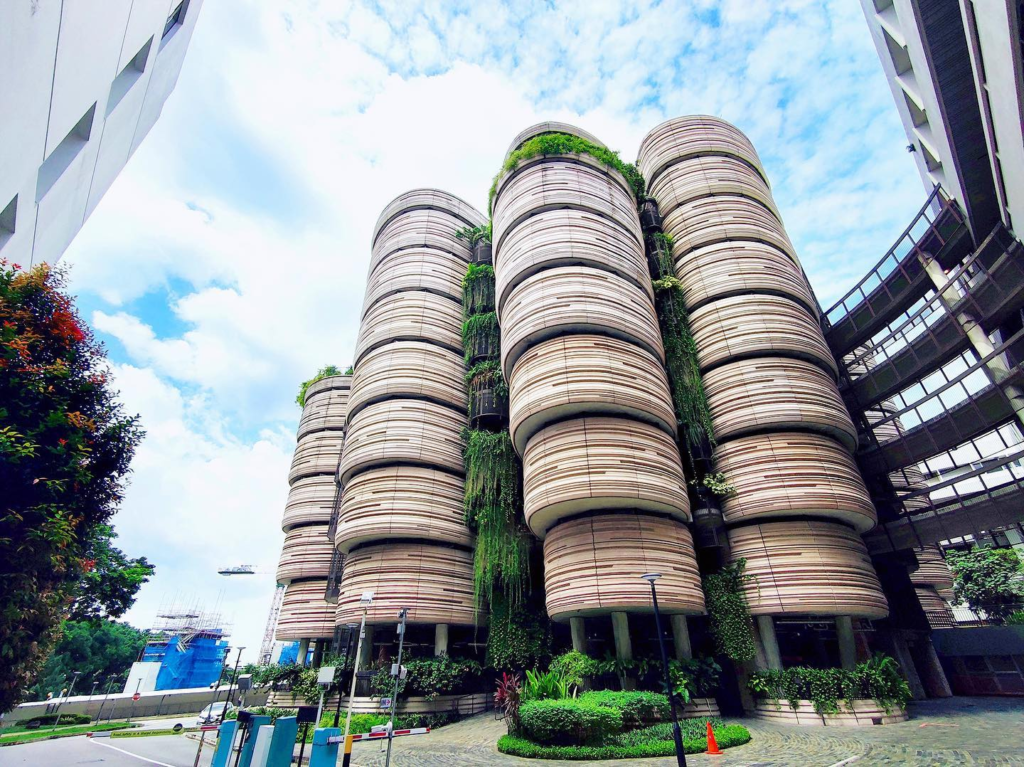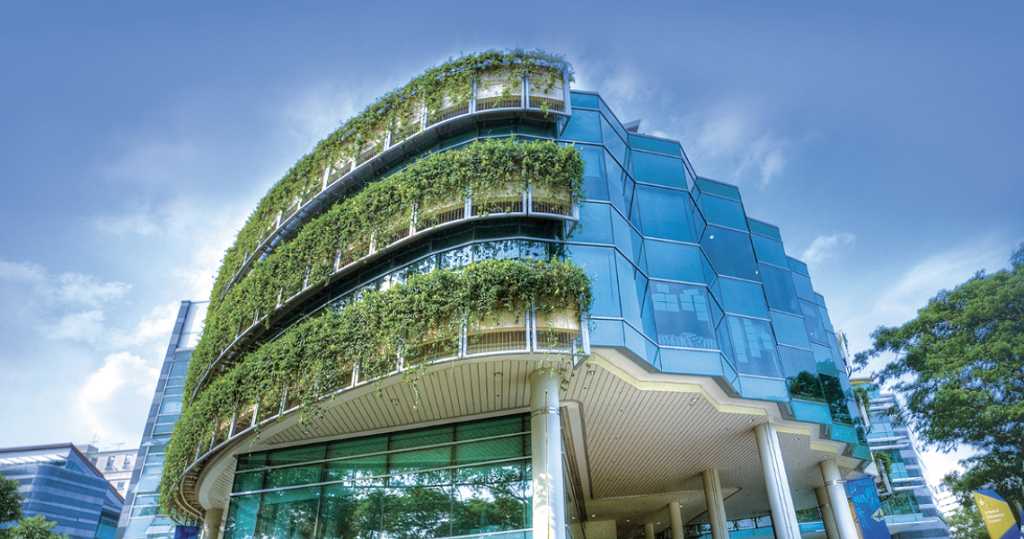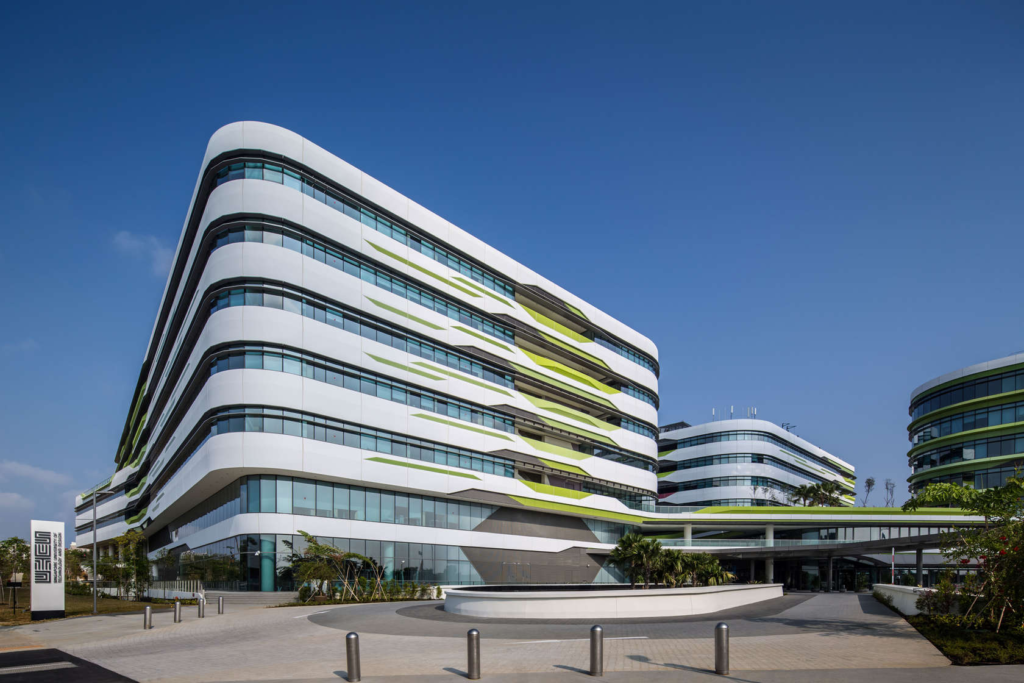Are you considering pursuing a Master’s degree abroad? Singapore, with its world-class Universities in Singapore for Masters programs, might be the perfect destination for your postgraduate studies. This small but mighty city-state offers high-quality education, a strong focus on innovation, and a multicultural environment that can enrich your academic journey.
Choosing to study at one of the top Universities in Singapore for Masters can provide numerous benefits for your career and personal growth. By enrolling in a Master’s program in Singapore, you’ll have the opportunity to advance your career prospects, build an international network of professionals, engage in cutting-edge research, and experience a unique blend of Eastern and Western cultures. In this article, we’ll explore the best universities in Singapore for Master’s degrees, factors to consider when choosing a program, and practical information to help you make an informed decision about your postgraduate education.
Top Universities in Singapore for Masters
National University of Singapore (NUS)
The National University of Singapore is consistently ranked as one of the top universities in Asia and the world. Known for its rigorous academic programs and cutting-edge research, NUS offers a wide range of Master’s degrees across various disciplines. The university’s strong industry connections and global partnerships provide students with excellent opportunities for internships and career development.

| Aspect | Details |
|---|---|
| QS World University Rankings 2024 | #8 |
| Acceptance Rate | Approximately 15% |
| Required Tests | GRE/GMAT (varies by program) |
| TOEFL/IELTS Requirements | TOEFL iBT: 85 / IELTS: 6.0 |
| Average Tuition Fees (per year) | SGD 42,000 – 52,000 |
| Estimated Living Expenses (per year) | SGD 15,000 – 20,000 |
| Notable Alumni | Goh Chok Tong (former Prime Minister of Singapore), Tony Tan Keng Yam (former President of Singapore) |
| Average Post-Graduation Salary | SGD 4,500 – 6,000 per month |
| Research Output | Over 12,000 publications annually |
Nanyang Technological University (NTU)
Nanyang Technological University is renowned for its strengths in engineering, technology, and business. NTU’s modern campus and state-of-the-art facilities provide an ideal environment for postgraduate studies. The university’s emphasis on innovation and entrepreneurship makes it an attractive choice for students looking to develop practical skills alongside theoretical knowledge.

| Aspect | Details |
|---|---|
| QS World University Rankings 2024 | #32 |
| Acceptance Rate | Approximately 30% |
| Required Tests | GRE/GMAT (varies by program) |
| TOEFL/IELTS Requirements | TOEFL iBT: 90 / IELTS: 6.5 |
| Average Tuition Fees (per year) | SGD 40,000 – 50,000 |
| Estimated Living Expenses (per year) | SGD 14,000 – 18,000 |
| Notable Alumni | Anthony Tan (Co-founder of Grab), Olivia Lum (Founder of Hyflux) |
| Average Post-Graduation Salary | SGD 4,200 – 5,800 per month |
| Research Funding | Over SGD 500 million annually |
Singapore Management University (SMU)
Singapore Management University, while younger than NUS and NTU, has quickly established itself as a top institution for business and management studies. SMU’s city campus and strong emphasis on interactive learning and industry engagement provide students with a unique and practical educational experience.

| Aspect | Details |
|---|---|
| QS World University Rankings 2024 | #671-680 |
| Acceptance Rate | Approximately 40% |
| Required Tests | GMAT (for most programs) |
| TOEFL/IELTS Requirements | TOEFL iBT: 100 / IELTS: 7.0 |
| Average Tuition Fees (per year) | SGD 45,000 – 55,000 |
| Estimated Living Expenses (per year) | SGD 16,000 – 22,000 |
| Notable Alumni | Tan Hooi Ling (Co-founder of Grab), Quek Siu Rui (Co-founder of Carousell) |
| Average Post-Graduation Salary | SGD 4,000 – 5,500 per month |
| Industry Partnerships | Over 300 global partnerships |
Singapore University of Technology and Design (SUTD)
SUTD is Singapore’s fourth autonomous university, focusing on technology and design. Its unique curriculum integrates these disciplines with a strong emphasis on innovation and entrepreneurship. SUTD’s collaborations with MIT and Zhejiang University provide students with global perspectives and opportunities.

| Aspect | Details |
|---|---|
| QS World University Rankings 2024 | #501-510 |
| Acceptance Rate | Approximately 50% |
| Required Tests | GRE (for most programs) |
| TOEFL/IELTS Requirements | TOEFL iBT: 90 / IELTS: 6.5 |
| Average Tuition Fees (per year) | SGD 35,000 – 45,000 |
| Estimated Living Expenses (per year) | SGD 14,000 – 18,000 |
| Notable Alumni | As a young university, notable alumni are still emerging |
| Average Post-Graduation Salary | SGD 4,000 – 5,200 per month |
| Research Centers | 10 research centers and labs |
Other Notable Universities
Singapore also hosts several other institutions offering quality Master’s programs, including:
- Singapore University of Social Sciences (SUSS)
- INSEAD (Singapore campus)
- James Cook University Singapore
- S P Jain School of Global Management
These universities offer specialized programs and unique learning experiences, catering to diverse student needs and career aspirations.
Factors to Consider When Choosing a University

When selecting among the top Universities in Singapore for Masters programs, consider the following factors to make an informed decision:
Academic Focus
Different Universities in Singapore for Masters have different strengths in specific fields. Research each university’s program offerings, faculty expertise, and industry connections.
- NUS offers over 120 Master’s programs across 17 faculties and schools
- NTU provides more than 100 Master’s degrees, with particular strength in engineering (ranked #4 globally for engineering)
- SMU focuses on business and management, offering 18 specialized Master’s programs
- SUTD emphasizes technology and design, with 6 unique Master’s programs
Research Opportunities
Singapore is a research powerhouse, investing heavily in R&D. When choosing among Universities in Singapore for Masters, consider:
- Research funding: Singapore’s gross expenditure on R&D was SGD 9.5 billion in 2019
- Publication output: NUS and NTU produced over 20,000 research papers combined in 2020
- Industry collaborations: SMU has partnerships with over 300 companies for research projects
| University | Research Funding | Publications | Citations |
|---|---|---|---|
| NUS | SGD 859 million | 12,000+ | 230,000+ |
| NTU | SGD 579 million | 9,000+ | 180,000+ |
| SMU | SGD 60 million | 500+ | 7,000+ |
| SUTD | SGD 75 million | 400+ | 5,000+ |
Admission Requirements
Universities in Singapore for Masters programs typically have competitive admission standards:
- Average GPA requirement: 3.0-3.5 on a 4.0 scale
- Standardized tests: GRE/GMAT scores in the 80th percentile or higher
- English proficiency: TOEFL iBT scores of 85-100 or IELTS scores of 6.0-7.0
- Work experience: 0-2 years for most programs, 3-5 years for MBA programs
Tuition Fees and Scholarships
The cost of education at Universities in Singapore for Masters can vary:
- Average annual tuition: SGD 30,000 – SGD 70,000
- Living expenses: SGD 14,000 – SGD 22,000 per year
- Scholarship opportunities: Over 50% of international students receive some form of financial aid
Notable scholarships include:
- ASEAN Graduate Scholarship (covers up to 50% of tuition fees)
- NTU Research Scholarship (full tuition coverage plus SGD 2,000 monthly stipend)
- SMU Master’s Scholarship (up to 100% tuition fee coverage)
Campus Life and Location
Consider the following when evaluating Universities in Singapore for Masters:
- Student population: ranges from 7,000 (SUTD) to 40,000+ (NUS and NTU)
- International student percentage: 20-25% across major universities
- On-campus accommodation: available for 25-45% of students, depending on the university
- Proximity to business districts: SMU and SUTD are centrally located, while NUS and NTU have larger, suburban campuses
By carefully considering these factors, you can choose the best fit among the Universities in Singapore for Masters programs that aligns with your academic and career goals.
Application Process
When applying to Universities in Singapore for Masters programs, it’s crucial to understand the timeline, requirements, and visa process. Here’s a comprehensive guide to help you navigate the application process:
Timeline for Applications
Most Universities in Singapore for Masters programs follow a similar application timeline:
- Main intake: August/September
- Application period: October to March (for August intake)
- Early bird deadlines: November to January
- Regular deadlines: February to March
- Decision notifications: April to June
Some universities also offer a January intake with application deadlines between June and September.
Table: Application Timeline for Top Universities in Singapore for Masters Programs
| University | Main Application Period | Early Bird Deadline | Regular Deadline |
|---|---|---|---|
| NUS | October 15 – January 15 | November 15 | January 15 |
| NTU | October 1 – March 31 | December 1 | March 31 |
| SMU | September 1 – March 31 | November 15 | March 31 |
| SUTD | October 1 – February 28 | December 15 | February 28 |

Admissions Requirements
While specific requirements vary by program and university, common requirements for Universities in Singapore for Masters applications include:
- Bachelor’s degree with a minimum GPA (typically 3.0-3.5 on a 4.0 scale)
- Standardized test scores (GRE/GMAT)
- English proficiency test scores (TOEFL/IELTS)
- Statement of purpose
- Letters of recommendation (usually 2-3)
- CV/Resume
- Transcripts from all post-secondary institutions attended
Additional requirements may include:
- Writing samples (for humanities/social sciences programs)
- Portfolio (for design/architecture programs)
- Interview (for select programs, especially MBAs)
Visa Requirements
International students admitted to Universities in Singapore for Masters programs must obtain a Student’s Pass:
- Application process: Done through the Student’s Pass Online Application & Registration (SOLAR) system
- Processing time: 2-4 weeks
- Validity: Typically issued for the duration of the program plus one month
- Cost: SGD 30 application fee, SGD 60 issuance fee
- Required documents:
- Offer letter from the university
- Passport-sized photograph
- Copy of passport biodata page
- Educational certificates and transcripts
- Medical examination report (if applicable)
Key facts about the Student’s Pass:
- Allows students to work up to 16 hours per week during term time
- Permits full-time work during vacations
- Requires students to maintain at least 90% attendance in their program
Important Statistics
- Average acceptance rate for Masters programs: 20-40%
- Percentage of international students: Approximately 20-25%
- Average processing time for applications: 6-8 weeks
- Visa approval rate for admitted students: Over 95%
Tips for a Successful Application
- Start your application at least 6 months before the deadline
- Take standardized tests (GRE/GMAT) at least 3 months before applying
- Request recommendation letters from professors/employers at least 1 month in advance
- Tailor your statement of purpose to each specific program
- Highlight relevant work experience and research projects in your CV
By understanding and following these guidelines, you can strengthen your application to Universities in Singapore for Masters programs and increase your chances of admission.
Conclusion
Studying for a Master’s degree at one of the top Universities in Singapore for Masters can boost your career and personal growth. Singapore offers high-quality education, a mix of cultures, and many job opportunities. When choosing a university, think about what you want to study, the research options, how to apply, and the costs. Start planning early, prepare well for tests, and show your best skills in your application. Whether you’re interested in technology, business, or research, Singapore’s universities can help you succeed. Consider exploring these opportunities to take your education and career to the next level in this exciting country.




